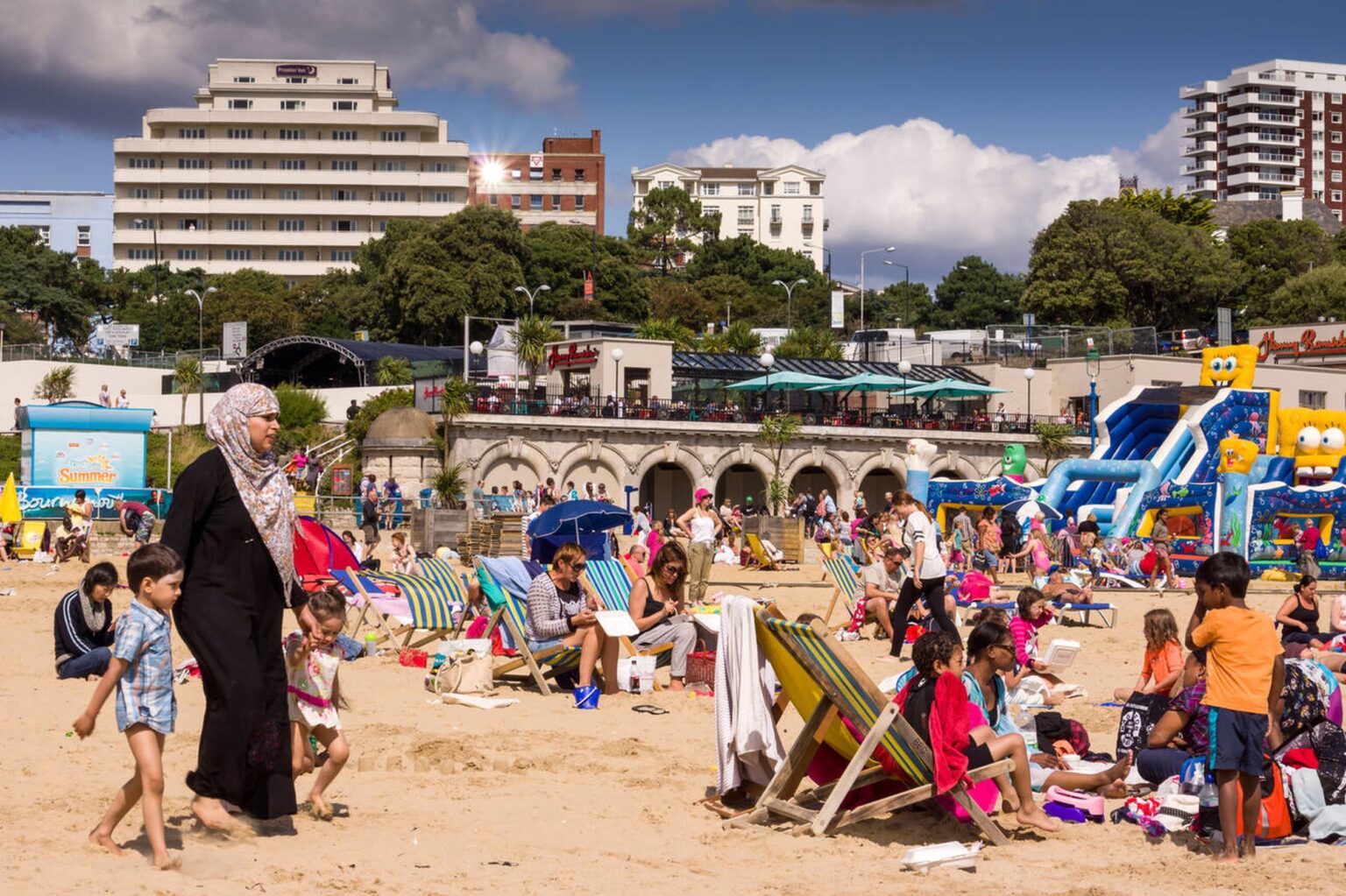The summer bank holiday Scotland offers a much-needed break for workers and families alike.
This holiday typically falls on the first Monday in August, providing a chance for people to enjoy leisure activities with loved ones and explore the beauty of Scotland during the warmest time of the year.
Many communities celebrate this occasion with local events and traditions, adding to the festive spirit.
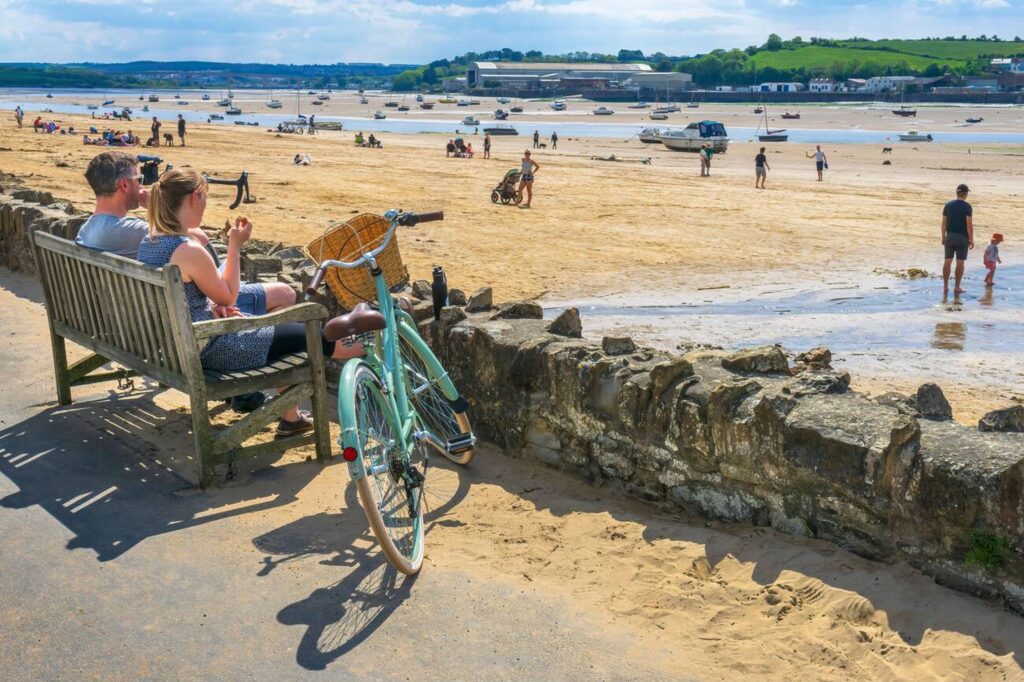
Historically, the summer bank holiday was established to give workers a day off to relax and recharge.
Over the years, it has evolved into a time for tourism and regional festivities, attracting visitors eager to experience Scottish culture.
This holiday not only benefits personal well-being but also plays a significant role in boosting local economies by encouraging spending in communities.
Understanding the summer bank holidays helps appreciate the balance it creates in work and leisure.
It is a time for reflection on the rights of workers and the value of time off in today’s fast-paced world. As Scotland embraces this tradition, it also paves the way for future enjoyment of this cherished time.
Key Takeaways
- The summer bank holiday is observed on the first Monday in August.
- It encourages local festivals and tourism, benefiting regional economies.
- The holiday reflects the importance of work-life balance and workers’ rights.
History of Summer Bank Holiday in Scotland
The Summer Bank Holiday uk has its own unique background and significance compared to other UK holidays.
This section discusses its origins and how it has evolved over time, as well as how it differs from bank holidays in the rest of the UK.
Origins and Evolution
The Summer Bank Holiday was first established in Scotland in the 19th century. Initially, the Bank Holidays Act of 1871 set the holiday for the first Monday in August.
This was a time when laborers and workers needed a break during the busy summer season.
In 1971, the Banking and Financial Dealings Act changed this holiday to be observed on the last Monday of August for much of the UK.
However, Scotland maintained its observance on the first Monday. This decision reflects Scotland’s distinct cultural and historical context, prioritizing the enjoyment of summer before autumn arrives.
Comparison With Other UK Bank Holidays
Scotland’s Summer Bank Holiday stands out when compared to similar holidays in the UK.
In England and Wales, the Bank Holiday occurs on the last Monday in August.
This difference allows Scottish residents to celebrate summer a bit earlier.
The choice to keep the holiday on the first Monday allows Scots to enjoy a brief respite during the peak summer month.
It also highlights Scotland’s unique approach to public holidays, as many local holidays are set by local councils rather than centrally.
This can lead to variations in celebration and observance across different regions in Scotland.
Observation of Summer Bank Holiday
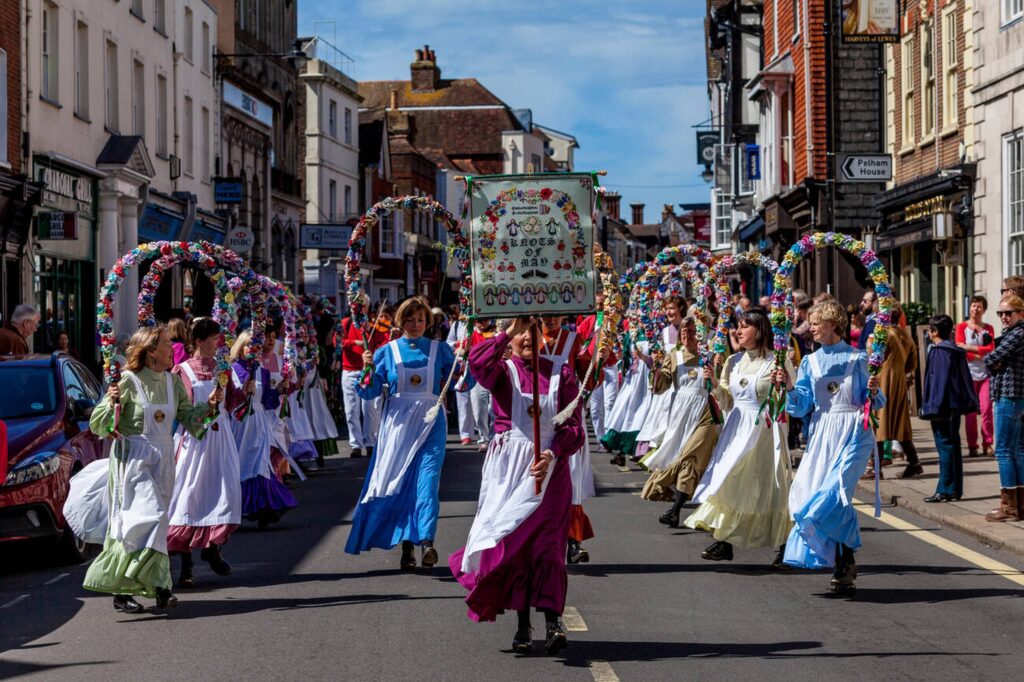
The Summer Bank Holiday provides a day off for many, influencing public life and various activities across Scotland. Key aspects include business closures, transport changes, and cultural events.
Public Life and Closure of Businesses
On the first Monday of August, public life in Scotland slows down significantly. Many businesses close for the day, allowing employees to enjoy the holiday.
Retail shops, offices, and government buildings often shut their doors.
Some establishments may choose to operate limited hours. Essential services like hospitals and emergency services remain open.
Many cafes and leisure facilities, popular with families, also operate, catering to those looking to enjoy the day.
Families often use this break to spend time together, visit parks, or enjoy outdoor activities. This shift in daily life contributes to a festive, relaxed atmosphere in communities across Scotland.
Transport and Travel Disruptions
Transport services in Scotland experience changes during the Summer Bank Holiday.
Many buses and trains operate on a modified schedule, which can lead to delays and less frequent service.
Passengers are advised to check timetables in advance.
Major routes may have temporary diversions or reduced frequency. Travel companies usually provide updates as the date approaches.
Commuters should plan their journeys carefully to avoid disruptions.
Roadways can become busier as families travel for day trips or events. Authorities often monitor traffic and encourage safe driving.
Travelers should expect an increase in cars, especially around popular tourist spots.
Cultural Celebrations and Events
Cultural events and celebrations characterize the Summer Bank Holiday 2024. Many towns and cities organize fairs, markets, and festivals during this time.
Local communities take pride in highlighting their traditions through music, dance, and food.
Popular activities include outdoor concerts and sporting events, drawing both locals and tourists.
Food stalls featuring Scottish delicacies are common, adding to the festive spirit.
Some areas may host children’s activities, such as games and workshops, promoting community engagement.
These events offer a chance for people to come together and celebrate before the arrival of autumn.
Economic Impact
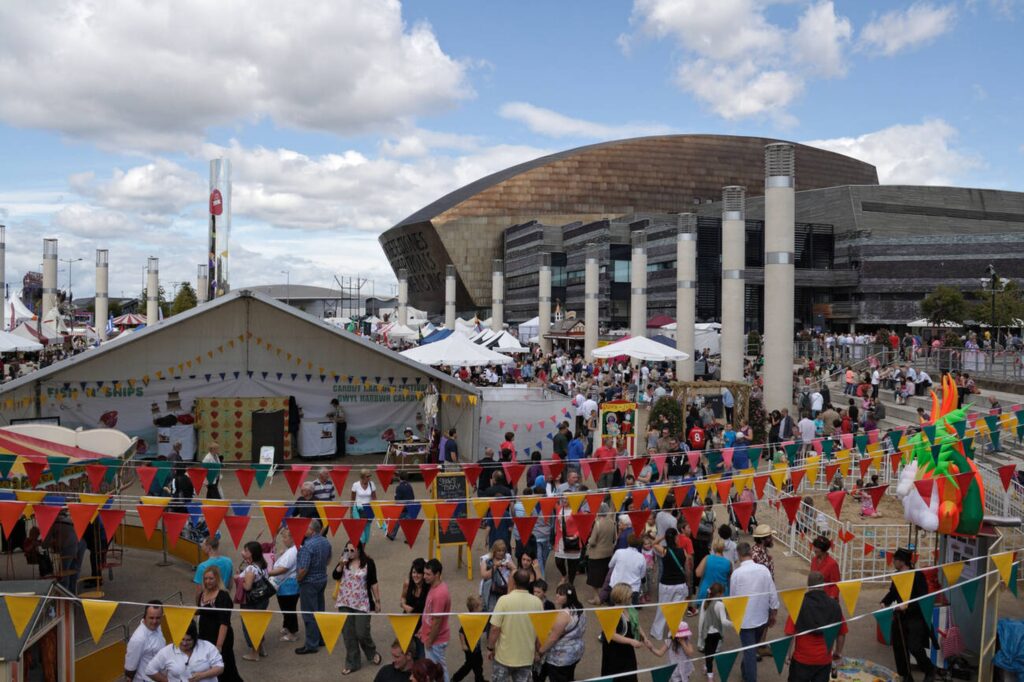
The summer bank holiday in Scotland affects various sectors, especially retail and hospitality. It creates opportunities for increased sales and financial activities that can benefit the economy.
On Retail and Hospitality
During the bank holiday summer, retail businesses often see a rise in customer traffic.
A study found that bank holidays can boost retail sales by approximately 15%. Small shops report an average profit increase of about £253 on these days.
Hospitality venues, like restaurants and hotels, also benefit. These establishments typically experience higher bookings and foot traffic.
Many families take advantage of the long weekend to eat out or travel, enhancing revenue in the service industry. Special promotions and events are common during this time to attract customers.
Stock Market and Financial Services
The summer bank holiday can impact the stock market and financial services as well. Financial institutions may see variations in trading volumes and activities.
Some companies schedule announcements or changes around this holiday.
With many businesses closed, there can be a brief slowdown in stock transactions.
However, certain sectors such as travel and leisure often gain attention, leading to potential stock price increases.
Investors may look at this time as an opportunity to reassess their portfolios in preparation for the upcoming autumn market.
Legislation and Worker’s Rights

In Scotland, workers have specific rights regarding holidays and pay. These laws aim to protect employees while ensuring fair treatment in the workplace, especially during public holidays like the summer bank holiday.
Entitlement and Pay Regulations
Workers in Scotland are entitled to a minimum of 5.6 weeks of paid holiday per year. This time off includes bank holidays. If a worker’s contracted hours vary, holiday entitlement is calculated based on those hours worked.
For example, a full-time employee working 40 hours per week would receive 28 days of paid leave.
Employees can carry over unused leave under certain conditions. Pay during holidays should equal the average earnings for a similar period, ensuring fair compensation.
Employers must also clearly outline holiday entitlement in employee contracts. This transparency helps avoid misunderstandings about workers’ rights related to holiday pay.
Impact on Part-Time and Shift Workers
Part-time and shift workers have the same holiday rights as full-time employees, calculated proportionally. Their entitlement is based on the average hours worked.
For instance, if a part-time employee works 20 hours weekly, their holiday entitlement would amount to 11.2 days (5.6 weeks of leave). It’s important for these workers to keep track of their hours to ensure they receive the correct holiday pay.
Shift workers may need to consider their working patterns when planning holiday time. Employers should accommodate requests when possible.
This ensures all workers feel valued and treated fairly, regardless of their employment status.
Dates and Future Planning

Understanding the upcoming dates for the summer bank holiday in Scotland is crucial for individuals and businesses. Proper planning ensures that everyone can take advantage of this holiday effectively.
Predicting Future Dates
In Scotland, the summer bank holiday falls on the first Monday of August. For 2024, this means the holiday will be observed on August 5.
It is useful to predict this date annually as it does not change year to year.
An easy way to remember the holiday is to note that the dates typically remain consistent, allowing both individuals and businesses to plan their activities accordingly.
For example, in 2025, the summer bank holiday is set for August 4.
Familiarity with these dates helps in scheduling events, vacations, and other activities.
Planning for Businesses
Businesses should plan for the summer bank holiday by considering its impact on operations. Many companies may close or reduce hours, affecting service availability.
To prepare, businesses can:
- Inform Staff: Notify employees about holiday schedules in advance.
- Adjust Staffing: Increase staff before the holiday rush or plan for fewer employees on the day.
- Communicate with Customers: Clearly state any changes in hours or services on websites and social media.
- Plan Promotions: Consider special offers leading up to the holiday to attract customers.
By taking these steps, businesses can ensure smooth operations during the summer bank holiday while optimizing customer service.
Impact on Tourism
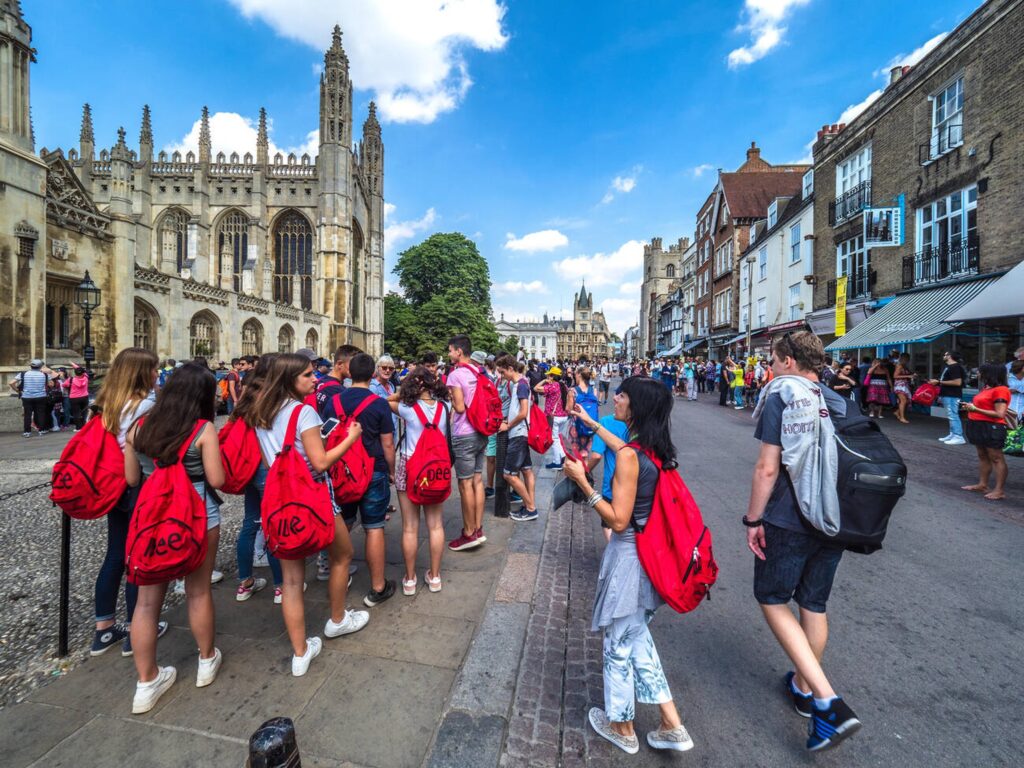
The summer bank holiday significantly influences tourism in Scotland. Many families and individuals take advantage of this time to explore the country. This period sees an increase in both visitors and activities.
Tourist Attractions During the Holiday
During the summer bank holiday, popular tourist attractions experience higher foot traffic. Sites such as Edinburgh Castle, Loch Ness, and the Isle of Skye often see a surge in visitors.
Local festivals and events attract tourists as well. For instance, events like the Edinburgh Festival Fringe showcase local culture, drawing crowds. This influx boosts the local economy by increasing sales for shops, restaurants, and other services.
Tourists often seek unique experiences, such as guided tours or outdoor adventures. Nature parks and hiking trails become popular choices, allowing visitors to enjoy Scotland’s stunning landscapes.
Accommodation and Advance Bookings
The summer bank holiday leads to a rise in accommodation demand. Hotels, hostels, and vacation rentals fill quickly. It’s advisable for travelers to book in advance to secure a preferred spot.
Prices may also fluctuate during this period. Peak holiday dates typically mean higher rates for lodging. Visitors often choose to book early to find better deals.
Local communities benefit from this accommodation boom. More bookings translate to increased economic support for local owners.
This trend also encourages investment in hospitality and tourism infrastructure, enhancing the visitor experience in the long run.
Local Customs and Traditions
The Summer Bank Holiday in Scotland is a time for celebration and community. Many regional festivities take place, along with special foods that reflect local culture.
Regional Festivities
Different areas in Scotland celebrate the Summer Bank Holiday with unique customs. Local festivals and events often feature traditional music, dance, and art. Many towns hold highland games, showcasing athletics such as caber tossing and tug-of-war.
Edinburgh may host showcases of local crafts and performances, while smaller towns might have parades and fairs. Some communities celebrate with outdoor picnics or gatherings where families enjoy time together.
The atmosphere is festive, promoting a strong sense of community. People often dress in traditional Scottish attire, adding to the cultural spirit of the day. Participants of all ages engage in activities, creating lasting memories.
Traditional Foods and Recipes
Food plays an important role during the Summer Bank Holiday. Many families prepare traditional Scottish dishes. Haggis, neeps, and tatties are popular choices, showcasing local ingredients.
Baking also becomes a key focus. Many people make shortbread, oatcakes, and scones to enjoy during family gatherings. These treats are often served with tea or shared during the festivities.
Some regions may have unique specialties like seafood platters in coastal areas, featuring fresh catches from local waters. These foods help bring people together and provide a delicious taste of Scotland’s culinary heritage.
The day celebrates not just the holiday but also the rich flavors of local traditions.








